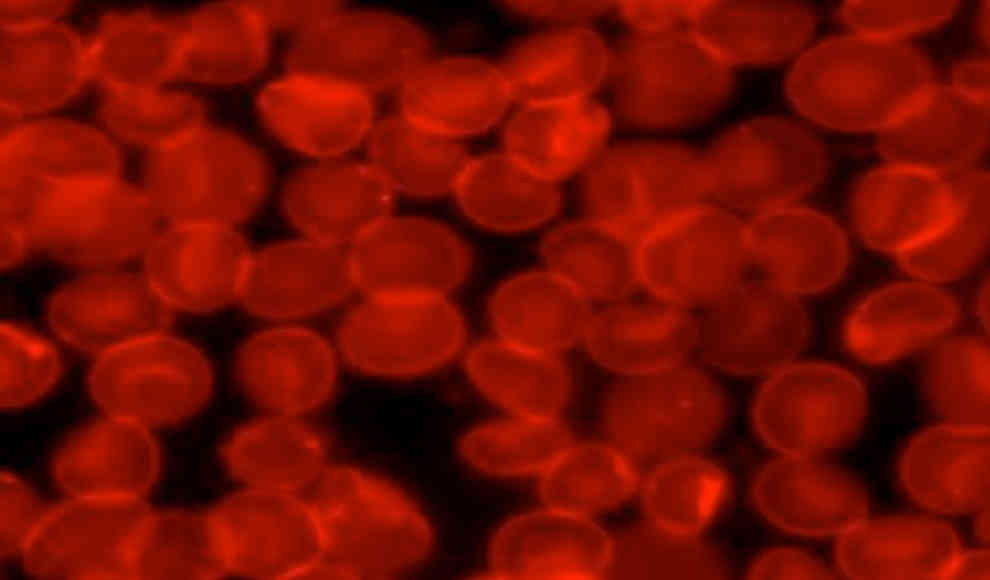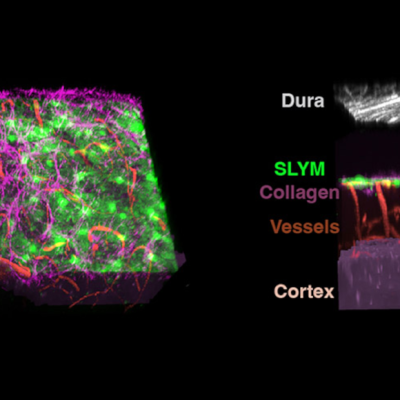A new medical device that functions similarly to the spleen may soon be used to treat blood poisoning. Developed by Donald Ingber and his colleagues at Harvard University in Cambridge, the device can filter out around 90% of pathogens from the blood. The artificial spleen has already been successfully tested on rats in the laboratory, according to a report in the journal Nature Medicine. Blood poisoning, or sepsis, is caused by bacteria, fungi, viruses or their metabolic products, which trigger a violent reaction from the immune system. “Worldwide, 18 million people suffer from blood poisoning every year, and even in intensive care units with the latest technical standards, the mortality rate is 30 to 50%,” explains Ingber. To better treat blood poisoning, the researchers developed the artificial spleen, which works on the principle of blood washing in dialysis. The patient is connected to an external blood circulation system, and the infected blood flows through tubes into the device. Magnetic beads with a diameter of 128 millionths of a millimeter are added to the blood, which are coated with a protein layer that binds carbohydrates and can thus bind a variety of pathogens. Experiments have shown that around 40 nanobeads adhere to a pathogen of one micrometer in size. The infected blood, along with the nanobeads, is then returned to the artificial spleen, where the contaminated beads and pathogens are sorted out. The process can be repeated several times, according to the researchers.
The device offers many possibilities for healing, as it can filter out a variety of substances from the blood. In the case of blood poisoning, there is often little time to find the right antibiotic, so the artificial spleen could be a lifesaver. The nanobeads can also be coated with specific receptors to filter out certain types of cells from the blood. Even proteins that trigger autoimmune diseases or even cancer cells could be filtered out of the bloodstream with the artificial spleen. The researchers emphasize that the device is still in the experimental stage and that further testing is needed before it can be used on humans. However, the results so far are promising, and the artificial spleen could be a significant breakthrough in the treatment of blood poisoning.










